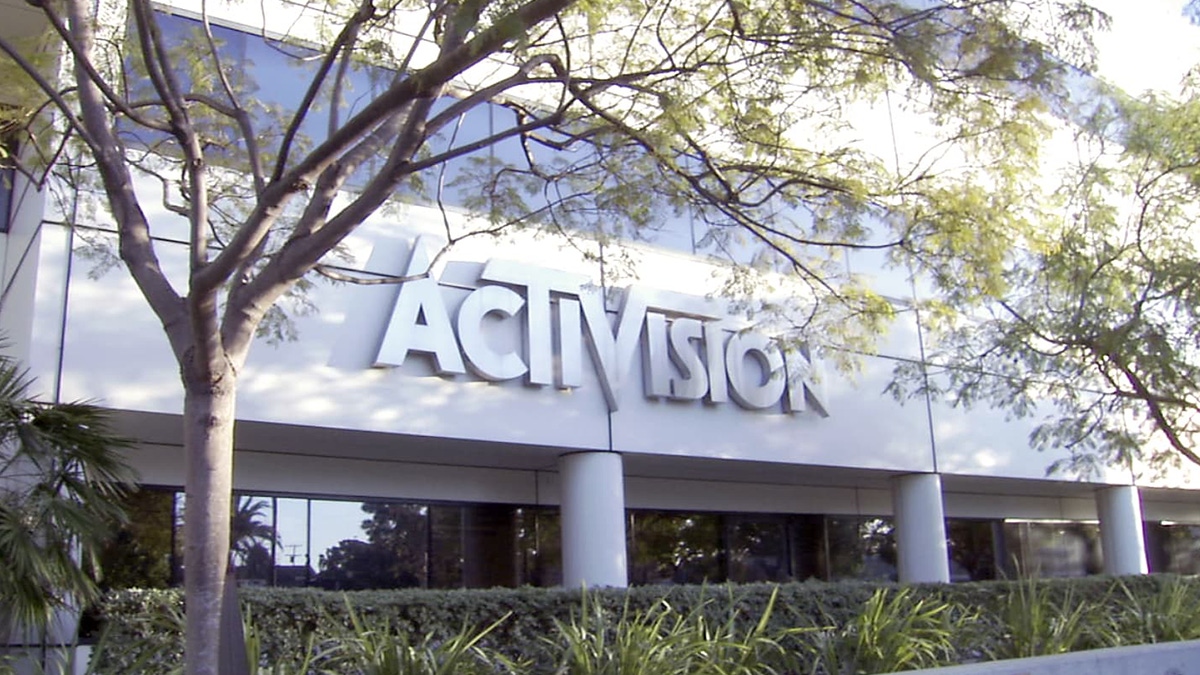Trending
Opinion: How will Project 2025 impact game developers?
The Heritage Foundation's manifesto for the possible next administration could do great harm to many, including large portions of the game development community.
The Call of Duty publisher took a shot at the California Civil Rights Department and missed by some margin.

Activision Blizzard's attempt to hold the California Civil Rights Department (CRD) in contempt for allegedly interfering with its $18 million harassment settlement with the U.S. Equal Employment Opportunity Commission (EEOC) has been quashed.
As spotted by Axios' reporter Stephen Totilo, U.S. District Judge Dale S. Fischer denied a motion filed by Activision Blizzard that would've allowed it to hold the CRD–formerly known as the California Department of Fair Employment and Housing (DFEH)–in contempt for approaching those who've settled as part of its case with the EEOC.
The CRD had previously failed to block the EEOC settlement over fears it would release Activision Blizzard from "state claims" relating to its own lawsuit against the company. The EEOC settlement was ultimately approved, and included a consent decree preventing Activision Blizzard workers from participating in the CRD's lawsuit in relation to three specific issues: sexual harassment, pay or promotion disparity, and discrimination against pregnant staff.
As noted by Fischer, however, the consent decree was an "agreement between the EEOC and defendants," meaning the CRD is not a party and therefore not bound by the decree. In short, that means the CRD can still talk to defendants involved in the EEOC lawsuit.
"Defendant's (Activision Blizzard's) position is essentially that CRD is saying things about the consent decree that Defendants do not like and do not agree with," said Fischer. "CRD thinks that the release of the right by Defendants' employees to participate in a recovery in CRD's case–as contemplated in the consent decree process–is invalid under state law.
"In accordance with this, CRD is allegedly still seeking recovery on behalf of employees who have signed releases. The Court expresses no opinion on this matter. It was not the Court's responsibility on entering the consent decree to resolve the releases' interactions with state law, nor did it do so."
Crucially, Fischer said there's "no provision in the consent decree that prohibits CRD from doing any of the things Defendants complain about," which, in this instance, is attempting to convince those employees involved in the EEOC lawsuit that they may be able to seek more damages against Activision Blizzard.
Ultimately, this all boils down to Activision Blizzard wanting to push back against the CRD because it's contacting employees who've already settled, and Fischer denying that request outright because the publisher has woefully misinterpreted what conduct is actually regulated by the consent decree.
Fisher also pointed out there are "numerous other reasons to deny the motion" but suggested "the Court need not reach these issues."
You May Also Like